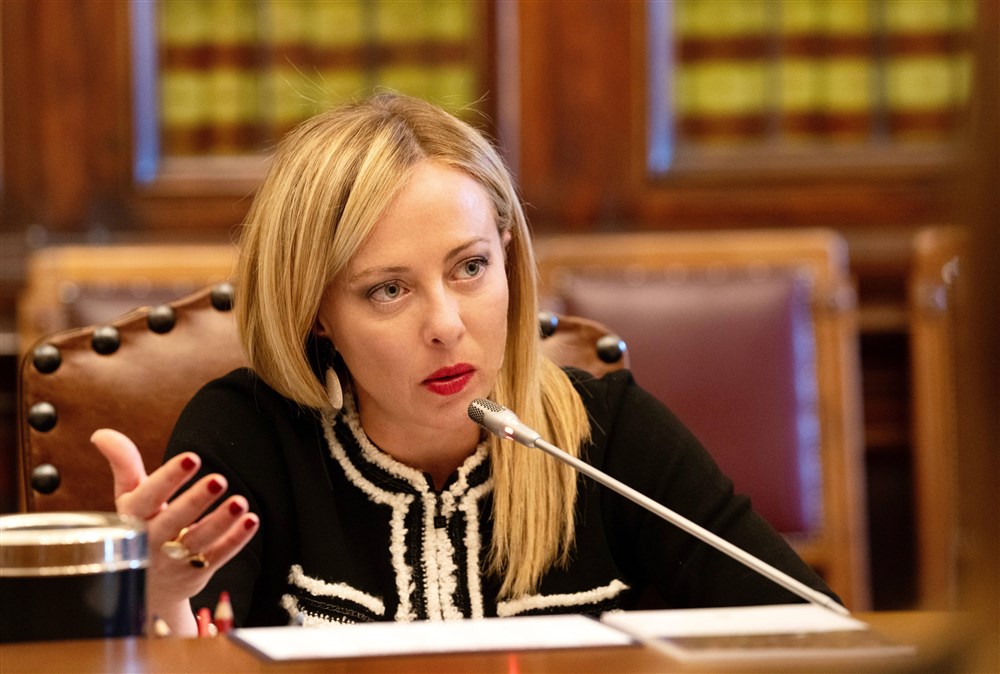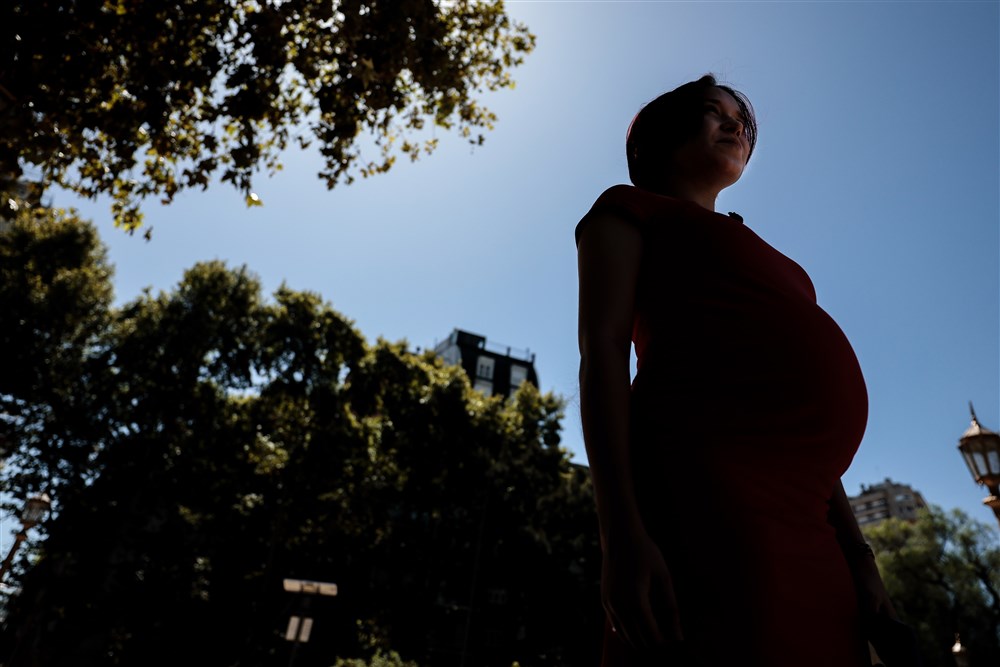Italy’s Prime Minister Giorgia Meloni called again for a reversal of country’s rapidly declining fertility rate at the opening of the Salone del Mobile fair in Milan on April 19.
Meloni said Italian governments have until now failed to invest in the social and economic fabric necessary to incentivise women to have children.
While some conservatives argue women entering the workforce has led to a decline in fertility, the data shows otherwise: northern European countries enjoy higher fertility rates despite having more women in the workforce than Italy. Italy has the lowest female employment rate in the European Union, and has currently the third lowest fertility rate in the EU, after Malta and Spain.
Italy suffers from a dire economic condition characterised by stagnant growth prospects and a declining workforce as the population continues to age. These conditions make it difficult for families to manage the rising costs of having children. For Meloni, Italy’s first female Prime Minister, an increase of women in the workforce is crucial in order to counter the need for immigrants to fill vacant jobs. Helping women have more children meant offering state subsidies for mothers such publicly-run nurseries, as well as tax deductions for childcare, according to her party’s campaign promises.
“In Italy we have more and more people to take care of and fewer people who work,” she said. The problem “can be solved in various ways.” Her government was not merely focused on the issue of migrants “but also on our great reserve which we are failing to utilise, which is that of female work.”
“We must bring female labour rates up to the European average,” Meloni said. Families need encouraging to bring children into the world.
The European Union has so far been silent on Europe’s ageing population, a stance that places Brussels at odds with right-wing governments in Europe, including both Italy and Hungary, which have made addressing declining fertility rates their priority. Instead, the President of the European Commission Ursula von der Leyen, in her January speech at the World Economic Forum, made the war against Russia in Ukraine, net-zero environmental policies, and green technology, the European Union’s most pressing issues.





